From a Facebook post to a movement
What began as one frustrated social-media post quickly snowballed into a nationwide call to action. Ben Chissell, who runs the New Zealand Fishing Community group, says he launched the One Ocean Protest after discovering that commercial ring-netting would still be permitted in two of the Hauraki Gulf’s newly designated High Protection Areas.
“I think we all got a bit complacent,” he told Boating New Zealand. “We assumed someone else would fight it – then suddenly it was law.”
His call to rally drew immediate backing from within the recreational and tackle industries. Within hours, Daiwa and Shimano reached out offering support, helping to turn an online idea into an organised, lawful protest rally movement.
What’s behind the anger?
The Hauraki Gulf / Tīkapa Moana Marine Protection Act creates twelve new High Protection Areas designed to restore marine biodiversity. Recreational fishing is banned inside them, yet commercial operations have been granted limited six-month ring-net exemptions in two zones.
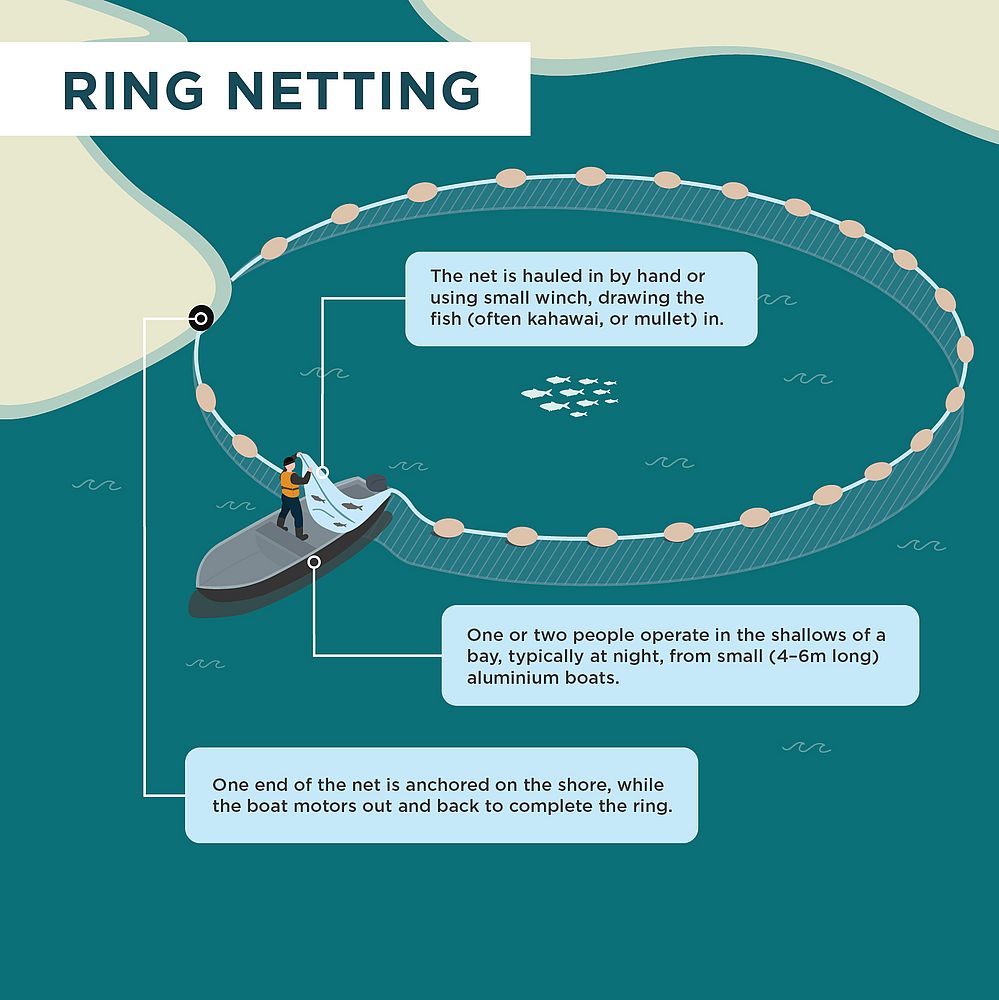
To many everyday anglers, that carve-out defeats the purpose of a high-protection area. As Chissell explained to NewsTalk ZB’s Tyler Adams (6 November), “If you’re calling it a High Protection Area, how are you still allowing commercial fishing to exist in there?”
He added that for generations, New Zealanders have seen the right to “go out on the boat and catch a feed for the family” as fundamental but that right “is being eroded bit by bit.”
A fair share of the ocean
Under the new regime, popular spots such as the inside of Kawau Island and The Noises are now off-limits to recreational fishers. Many, Chissell says, will be forced further offshore into unfamiliar and riskier waters.
He notes that recreational fishing represents only around 5 percent of the total national take, yet bears the brunt of new restrictions. The issue, he says, is not about attacking commercial crews but about fairness and accountability.
“It’s not an attack on any commercial fishermen or women – they’re feeding their families too,” he told Adams on NewsTalk ZB. “But what I’d call the public fishermen – the everyday Kiwis are never listened to.”
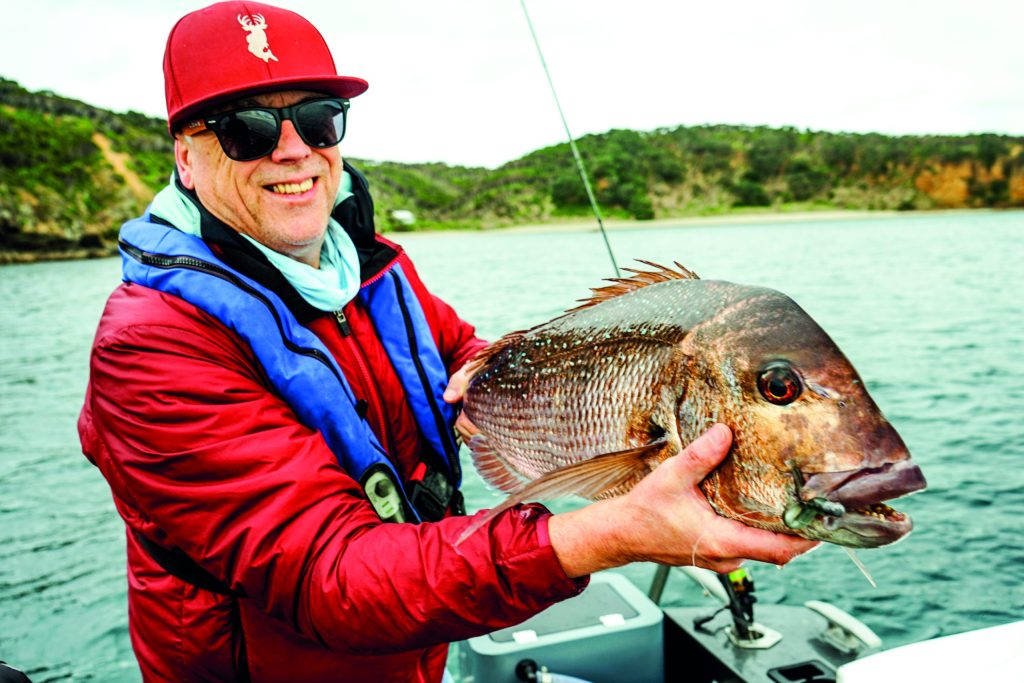
The four OOP principles
- No commercial fishing inside HPAs. Protection must mean protection for all.
- Fish are a publicly owned resource. Decisions about them require open consultation.
- No new species added to commercial quotas. Manage existing stocks before expanding markets.
- Feed Kiwis first. Domestic supply and food security should outweigh export profit.
These points, circulated on the group’s official Facebook page, have drawn thousands of responses ranging from strong endorsement to nuanced debate. Supporters emphasise that Māori customary rights and public access can coexist; the focus is on halting destructive practices such as bottom trawling and excessive by-catch.
Peaceful protest, organised approach
The OOP protest rally, featuring vehicles and boat trailers, will begin at 8:30am on 22 November from the Albany Park and Ride.
OOP has been working closely with NZ Police, Auckland Transport, and Waka Kotahi NZ Transport Agency to ensure the event runs safely and causes minimal disruption. The convoy will make its way across Auckland, with participants towing boat trailers and displaying banners along the route.
Ben Chissell stresses unity
“We all have to stand together on this. It’s not about dividing Kiwis, it’s about fixing decisions that have let every fisherman down except the big commercial players.”
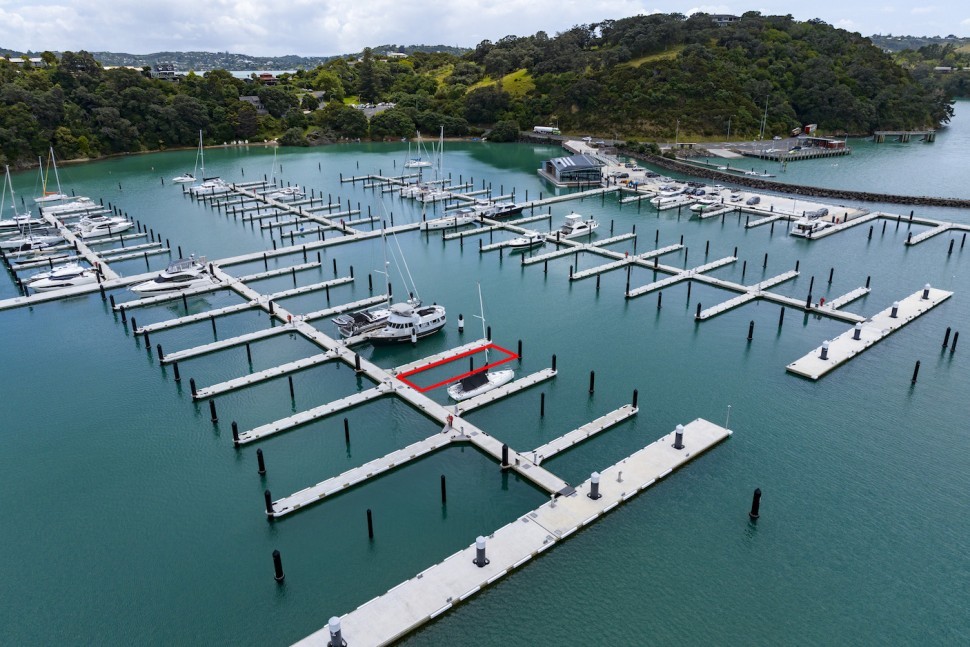
The movement also underlines that it is not “recreational versus commercial” but rather public versus policy. OOP wants a seat at the table for recreational representatives whenever marine-protection measures are drafted.
The wider picture
Chissell warns that allowing commercial activity inside HPAs sets a “dangerous precedent” for other coastal regions, from Northland to Nelson, where similar frameworks are being considered. “This little loophole,” he said on NewsTalk ZB, “might seem insignificant, but it allows for things to be bent going forward.”
With more than 110,000 members in the NZ Fishing Community group, OOP represents one of the largest collective voices in the Southern Hemisphere’s recreational sector. Their goal isn’t to halt marine protection but to make it fair, transparent, and inclusive.
Why it matters to boaties
For recreational skippers, divers and families who treat the Hauraki Gulf as their weekend playground, the debate cuts close to home. HPAs will influence where they can anchor, fish or transit, and how those areas are managed in future.
OOP’s emergence signals a broader trend: New Zealanders who love the ocean are becoming directly involved in marine-policy decisions rather than leaving them to bureaucrats.
Whether the November rally protest shifts political ground remains to be seen, but one thing is certain: the conversation about who truly speaks for the sea has only just begun.








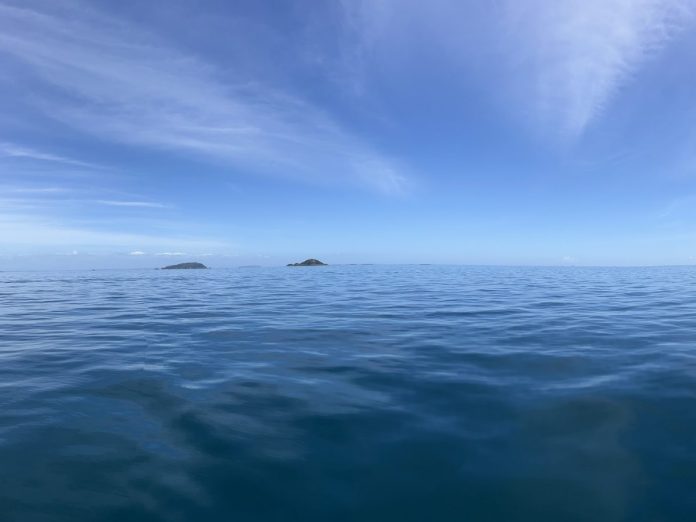



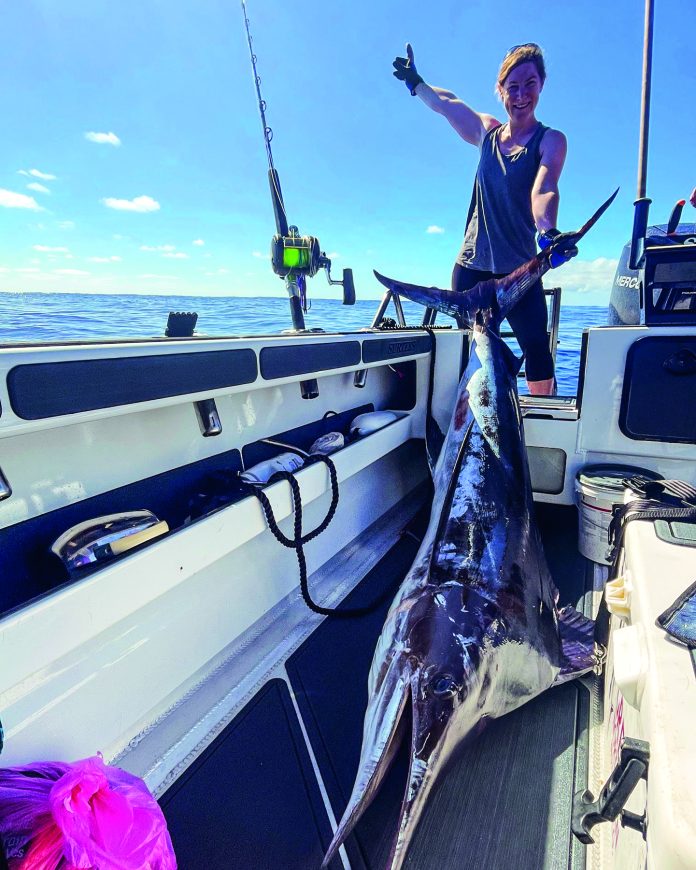
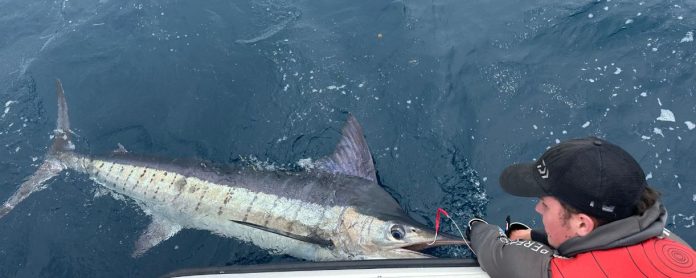
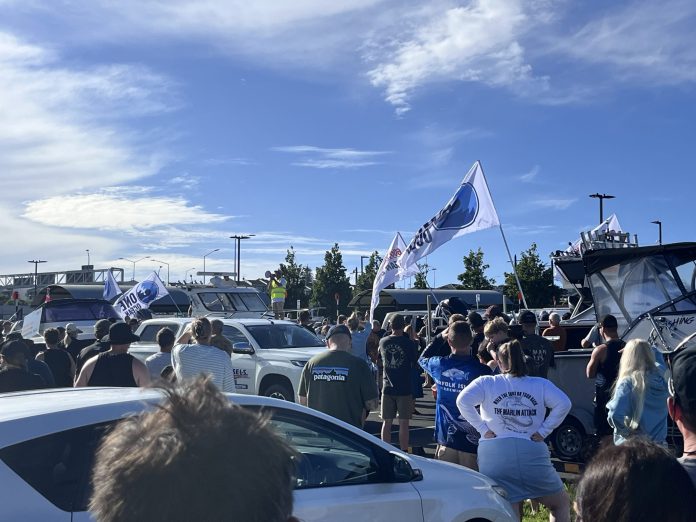
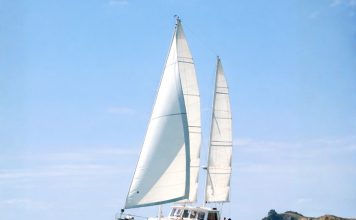
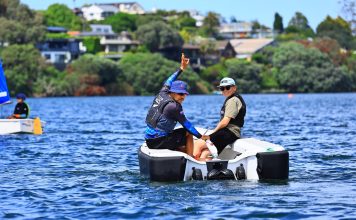
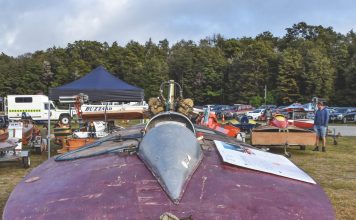
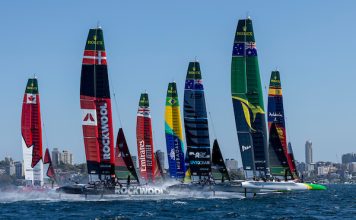
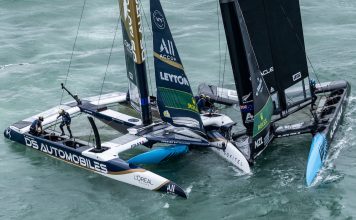
very keen to support, i know we start at Albany, i guess we head to the city ?? is there a meeting point in the city or a route we can follow ????
Hi Donald
I know the team organising everything are in need of helpers, check out their facebook page for details: https://www.facebook.com/profile.php?id=61583108365415